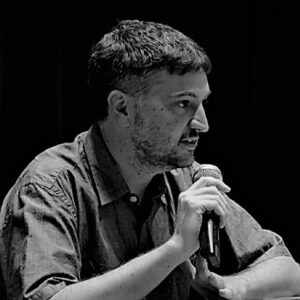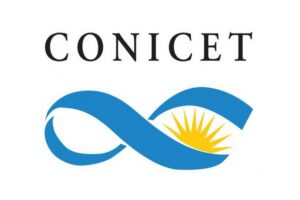The visual politics of sustainability transitions
In a contemporary visual culture images permeate all aspects of global politics. This includes the politics of transitions to sustainable futures. Images of ecological degradation that circulate in the social media, mass media and the visual arts shape public perceptions of the forces driving environmental crisis, its scale and risks. Images also shape what responses are regarded as plausible and necessary for mitigation or adaptation, in order to avoid ecological collapse. While the notion of “sustainability” is central in international development discourse, its meaning is elusive and contested. It depends on how this notion is used, for what purposes and in whose interests. Sustainability can be associated with efforts to transform socio-economic systems to remain within the safe space of planetary boundaries. But also with the advancement of green extractivism and green-washing practices. It has never been more important to understand the politics of showing/seeing sustainability transitions.
The research project critically examines the visual narratives of sustainability transitions in Global South contexts. Particularly, in reference to energy transitions/decarbonization, the climate-agriculture nexus in food systems, and biodiversity protection. How do visuals participate in the production of sustainability narratives and with what implications? How are the leading actors using visual technologies and materials to promote or resist infrastructure projects associated with sustainability? What can visual narratives produce in terms of political outcomes? In what ways do visual narratives of sustainability transitions are indicative of a global geopolitics of showing/seeing? What do prevailing visual narratives of sustainability say about the place and the future prospects of the Global South in the unfolding politics of sustainability transitions?
These are some of the themes this project addresses at the intersection of two strands of literatures on international relations: visual global politics and the international political economy of the environment. Finally, the project is aligned with the core research interests of the Centre for International Studies, School of Politics and Government, National University of San Martin (UNSAM), Argentina.
Period: 2024-2027 | PICT 2022-10-00108
Research Team
Panel Presentations
- Saguier, M.; Mora, S. & Godfrid, J. «Visual sustainability and polyalignment: Argentina in the global politics of clean energy transitions«, The Second Cold War and the Politics of Omnialignment Workshop, University of Manchester, UK, 30-31 July, 2024.
- Saguier, M. «Seeing sustainability: the visual conditions for legitimacy», International Visual Sociology Association (IVSA) Annual Conference, Universidad Veracruzana, Xalapa, Mexico, 26-29 June 2024.
- Saguier, M. «Visual politics of transitions to sustainability: towards an international political ecology of images», ASAUEE; National University of Rio Cuarto, Argentina, 2023.
- Saguier, M.; Godfrid, J.; Mora, S.; Vila Seoane, M. & Peinado, G. «The visual politics of sustainability transitions: perspectives from international relations», Scientific and Techological Conference, National University of San Martin, 13-15 june, 2023.
- Saguier, M. «Muralism as visual politics in the Anthropocene». Congreso CALAS-UNSAM: Antropoceno urbano y sus transformaciones en América Latina, 12-13 December 2022.
- Saguier, M. «Visuality meets International Political Economy». Conference on Democracy, National University of Rosario, Argentina, November 2022.
- Saguier, M., “Visual narratives of climate change: street art as politics of adaptation”, 3rd Simposium on Climate Change Adaptation in Latin America, Tecnológico de Monterrey, Campus Puebla, México, 5-6 March 2020.
- Saguier, M., “Imagining the global ecological crisis: Visual politics in the age of Anthropocene”, Conference on Earth System Governance, “Urgent Transformations and Earth System Governance: Towards Sustainability and Justice”, Oaxaca, Mexico, 6-8 November, 2019.











